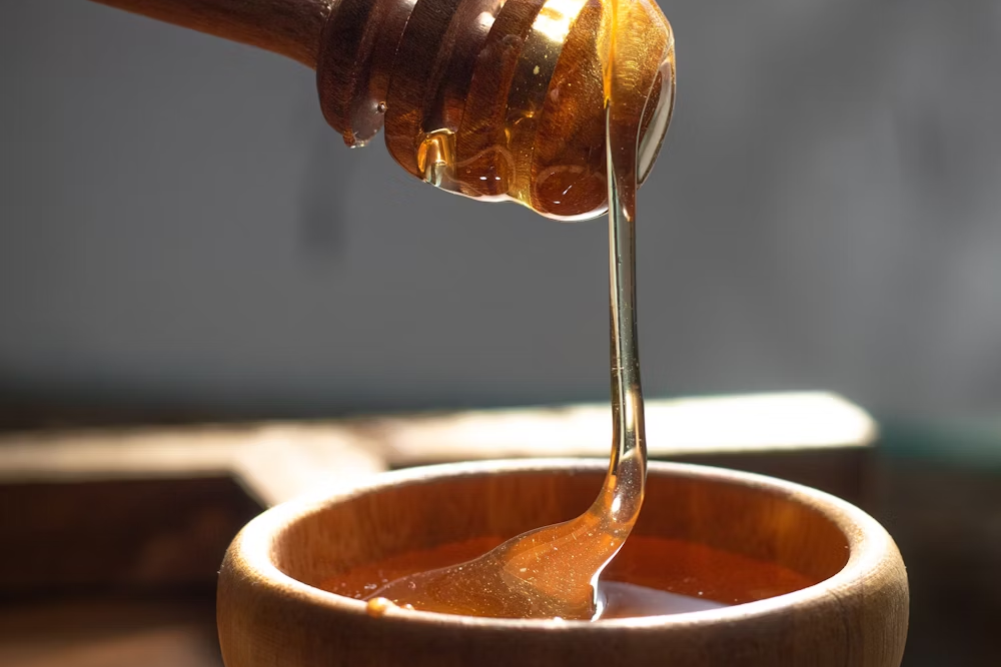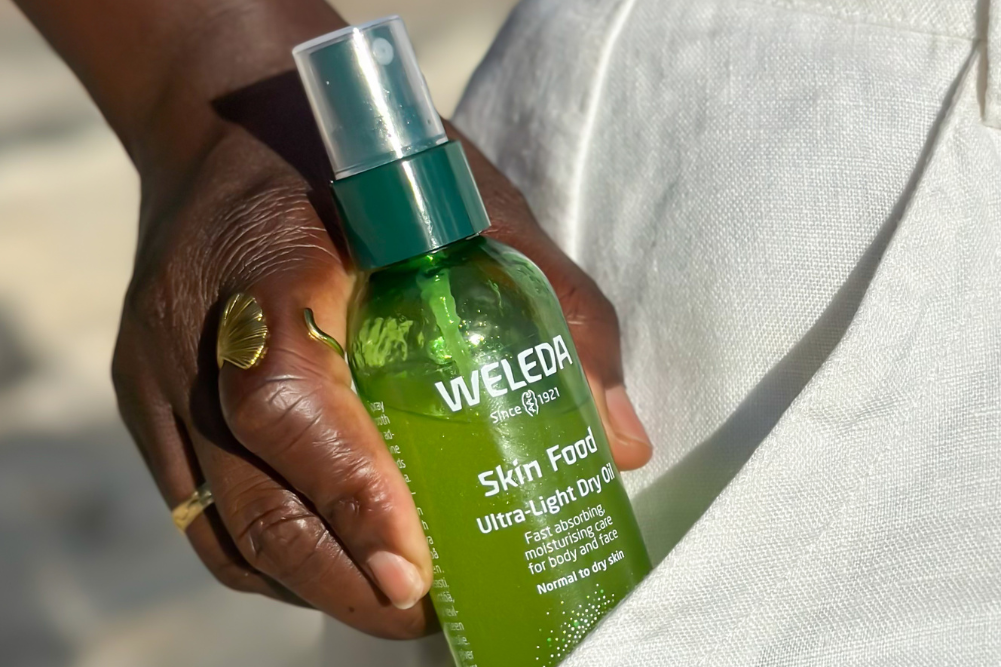How filtered water helps your skin
The wellness revolution has made people a lot more conscious of what they put in their bodies and what they put on their skin. Many people try to buy certified organic products whenever possible to ensure they avoid any nasty chemicals, but they often overlook one thing. This one item has the potential to keep your organic produce and beauty routine clean and reduce your exposure to 300-plus chemicals and pollutants up to 10 times a day or more. What is this vital health and beauty product? A water filter.
Tap water contains a host of dubious chemicals. Many of these are added to help keep bacteria and algae out; others are added for “health” benefits and some are contaminants that leach into the water from the environment. There are also many impurities from old, rusty pipes. Over time, the accumulation of all these may compromise the health of your skin and your overall wellbeing. If you don’t filter your water, your body becomes the filter and your skin has to deal with these toxins.
Humans are around 70 per cent water. We need fresh supplies daily to perform almost every metabolic process. Liquid gold for our health, water offers a bounty of benefits including detoxifying the body; clarifying, hydrating and moisturising the skin to maintain its texture and appearance; carrying nutrients and oxygen to cells; helping to eliminate the by-products of the body’s metabolism; lubricating and cushioning joints; regulating body temperature; and keeping cells strong and healthy.
The quality of the water being absorbed into every cell of your body will therefore have a big influence on your overall health and wellbeing. Washing your organic produce in unfiltered tap water somewhat defeats the purpose of eating organically, as does cleansing your face with an organic cleanser while using tap water. You are inadvertently introducing a host of toxic chemicals into your Beauty routine. Water is essential for skin health, but the impurities in it may contribute to a decline in skin integrity and barrier function. Heat and water are both known to facilitate absorption, so many of these chemicals are more easily absorbed into the body from water than from food.
Drinking pure water is the first step to wellness and radiant skin. The average person consumes about 75,000 litres of water in a lifetime and applies even more in the form of topical applications such as showers. You will apply more water to your skin than you will moisturiser, cleanser or toner, so why not make it clean?
Some of the impurities found in tap water, which are introduced to the body on a cellular level and may compromise your skin’s health, include:
- VOCs (volatile organic chemicals) such as pesticides, herbicides and other chemicals, which contaminate the water from agricultural run-off
- Heavy metals such as lead and mercury
- Endocrine-disrupting chemicals that may mimic or interfere with normal hormones in the body and therefore adversely affect the skin
- Fluoride, which is added to the water supply for dental health. Some studies show that when fluoride is directly applied to the teeth it may have some benefit but consumption of it in water has been linked to health issues such as thyroid problems. Other studies show that too much fluoride contributes to dental fluorosis, hip fractures and lowered IQ. Germany, Finland, Cuba and many municipalities in Canada have removed fluoride from their water supply following the footsteps of Switzerland, which did it years ago. China and Sweden have banned fluoride and Austria, Belgium, Denmark, Norway and Japan have rejected water fluoridation.
- Chlorine is put into water to protect it from bacteria, and ammonia is added to prevent algae. Chlorine may also adversely affect the good bacteria in our digestive systems, plus it is known to trigger age-promoting free radicals, lower the immune system and dry out the skin.
When it comes to choosing water filters, each has its pros and cons. Pitcher filters don’t remove all toxins and require regular cartridge changes. Reverse osmosis gets rid of most toxins but wastes a lot of water and removes health- and skin-promoting minerals such as calcium and magnesium. Distilling water removes some but not all toxic chemicals.
A good countertop water filter that uses a solid block carbon filter is a very good option. This removes most impurities including herbicides, pesticides, VOCs, fluoride, heavy metals and parasites. You can buy another filter attachment to also remove fluoride. It has the added benefit of retaining minerals. Shower filters are also a good investment for your hair, skin and overall health.
The jury is still out on alkalising water filters. Health-conscious people have become aware of eating a less acidic diet and balancing the body’s pH, but this can be done through diet and some health practitioners believe that drinking alkalised water daily may mean you become too alkalised, which is as bad as being too acidic. Plus, alkalising water filters don’t remove all impurities. Bottled water is also not a great option: it leaches chemicals from the plastic and, in most cases, is no purer than tap water; then there’s the impact of the plastic on the environment.
It seems water is best consumed in its natural state, without chemicals or any special tricks — just the way we were meant to drink it. And how much should we drink? Most adults lose around 2.5–3 litres of water a day; two litres is generally recommended. And, if possible, make that pure, filtered water.







